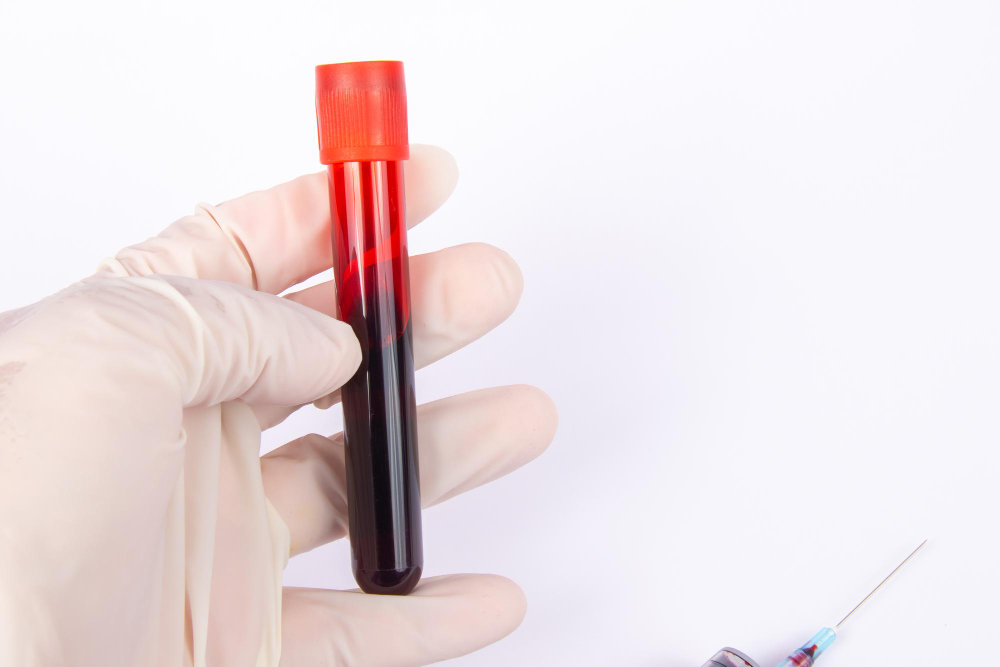Introduction
Malaria testing procedure helps doctors find out if you have malaria. This disease spreads through mosquito bites, especially in malaria-endemic regions. Knowing how malaria is diagnosed is important for quick treatment. Tests like the malaria blood test and malaria rapid diagnostic test can save lives. In this blog, you will learn what to expect, how it works, and when to get tested for malaria.
What is Malaria Testing?
Malaria testing checks if you have malaria parasites in your blood. Doctors use these tests to confirm if your fever or chills are caused by malaria. Usually, a small blood sample is all that is needed. Because early detection is key, these tests are often done quickly.
Why is Malaria Testing Important?
Early malaria testing is very important. If you get tested soon, you can start treatment right away. This helps prevent serious illness or even death. Also, testing helps stop the spread of malaria to others. In areas where malaria is common, testing can protect whole communities.
Types of Malaria Tests
There are a few ways to test for malaria. Each method has its own benefits. Here are the main types:Malaria Blood Smear: A lab looks at your blood under a microscope to find malaria parasites.Malaria Rapid Diagnostic Test (RDT): This test uses a drop of blood and gives results in about 15–20 minutes.Polymerase Chain Reaction (PCR): This advanced test finds malaria DNA in your blood. It is used mostly in special cases or research.
Step-by-Step Malaria Testing Procedure
Knowing the steps can help you feel calm. Here is what usually happens during a malaria testing procedure:The healthcare worker cleans your finger or arm with alcohol.Next, they use a small needle or lancet to collect a drop of blood.For a blood smear, the blood is placed on a glass slide and sent to a lab.For a rapid test, the blood is mixed with a special solution on a test strip.Results are ready in minutes for rapid tests, or a few hours for lab tests.
How to Prepare for a Malaria Test
Usually, you do not need to do much to prepare. However, here are some tips:Wear short sleeves for easy access to your arm.Stay calm and relaxed before the test.Tell your doctor about any medicines you take.Drink water if you feel nervous about blood tests.
Most people do not need to fast or stop medicines before a malaria test.
What to Expect During and After the Test
During the test, you may feel a quick pinch when the needle goes in. The test is usually over in a few minutes. Afterward, you might have a small bandage on your finger or arm. Most people feel fine right away. If you feel dizzy, sit down and rest for a few minutes. Results from a rapid diagnostic test are often ready in 20 minutes. Lab results may take longer, sometimes a few hours.
Understanding Your Malaria Test Results
Once you get your results, your doctor will explain what they mean. If the test is positive, you have malaria parasites in your blood. You will need treatment right away. If the test is negative, you may need more tests if symptoms continue. Sometimes, early malaria may not show up in the first test. So, your doctor might repeat the test after a day or two.
When Should You Get Tested for Malaria?
You should get tested for malaria if you have:Fever, chills, or sweating after visiting a malaria-endemic areaUnexplained flu-like symptomsRecent travel to places where malaria is common
Even if your symptoms are mild, early testing is best. In some cases, doctors may test you even if you do not have symptoms, especially after travel to high-risk areas.
Prevention and Next Steps After Testing
If your test is positive, start treatment as soon as possible. Follow your doctor’s advice and take all medicines as prescribed. To prevent malaria in the future, use mosquito nets, wear long sleeves, and use insect repellent. If you plan to travel to a malaria-endemic region, ask your doctor about preventive medicines. Always seek medical help if you feel unwell after travel.
Consult a healthcare professional for personalized advice on malaria testing.


